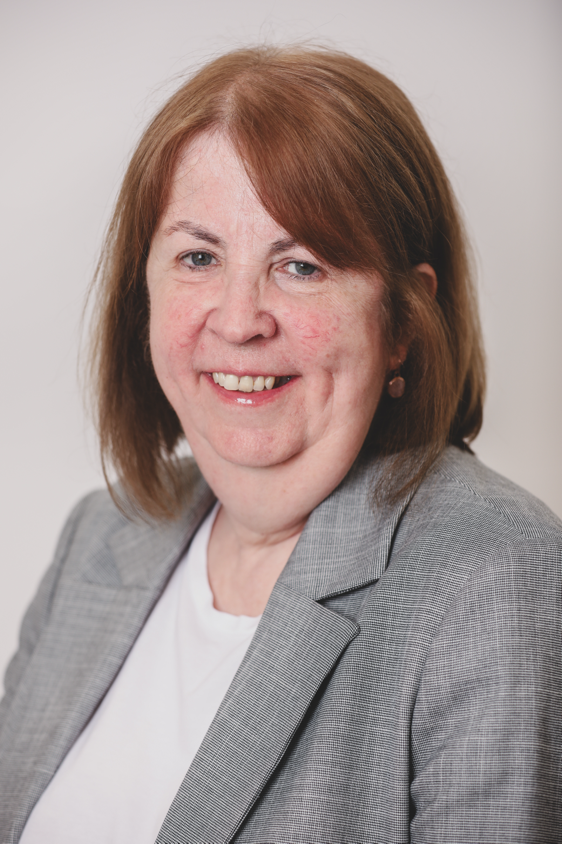Home > Dementia Action Week 2025: Don’t let Lewy body dementia be the ‘forgotten dementia’

The Lewy Body Society is pleading with the government and the NHS not to let Lewy body dementia continue being the “forgotten dementia”.
Jacqui Cannon, CEO of the Lewy Body Society, said: “The Government and the NHS must prioritise dementia. It is a shocking truth that one in three people in the UK living with dementia in 2025 do not have a diagnosis.
“How can people begin to be treated and cared for correctly if they don’t even know which condition they are living with? Not all cancers are the same, so why are dementias so often treated that way?”
Lewy body dementia (LBD) is thought to affect 15% of all people with dementia; however, at least half of those who finally do get the correct diagnosis of LBD were told they had – and potentially treated for – something else.
It is often considered the “forgotten” dementia, as both families and medical professionals frequently fail to recognise the disease as it does not present with the stereotypical memory loss symptoms of Alzheimer’s.
In Dementia Action Week (19 – 25 May 2025), dementia organisations are coming together to highlight the importance of an early, accurate diagnosis for people affected by all forms of the disease.
Rachel Thompson is the UK’s only Consultant Admiral Nurse specialising in Lewy body dementia. Her role is funded by the Lewy Body Society.
“People need to be able to understand their symptoms and prepare for the future,” she said. “Reports show diagnosis rates of Lewy body dementia in England remain disappointingly low and seem to have gone down rather than increased.”
Lewy body dementia symptoms include fluctuating cognition, hallucinations, sleep disturbance, and movement problems such as slowed movements, stiffness, and tremor.
Families say that many health and social care professionals don’t seem to understand LBD symptoms and are not aware of the recommended treatments.
Rachel said: “Getting an early and accurate diagnosis of LBD means people can be offered treatments and support which is tailored to their needs. Certain ‘standard’ dementia treatments can have detrimental effects on people with LBD and must be avoided.”
According to NHS Primary Care dementia data (February 2025,) 22% of people with dementia have to wait over 18 weeks from referral to first contact, and more than half (56%) have to wait over 18 weeks for a diagnosis. “And we know that people with LBD often have to wait longer,” Rachel added.
Jacqui Cannon said: “In response to the ongoing failure of successive governments to prioritise dementia diagnosis, treatment and care – particularly for those dementias which are not Alzheimer’s – The Lewy Body Society has launched its Lewy List campaign.
“It calls for the government to recognise, among other key priorities, the right to early and accurate diagnosis and the right for Lewy body dementia to be recognised as a distinct form of dementia with unique symptoms and challenges.”
Support people living with Lewy body dementia, sign the Lewy List now!
To receive regular news updates, resources, events and breakthroughs in the fight against Lewy body dementia please enter your email address….
We will only contact you in relation to latest news & updates that we think will be of interest to you. We will not disclose your information to any third party and you can unsubscribe from our database at any time.
© 2023 The Lewy body Society. Registered Charity No: 1114579 (England and Wales) and SC047044 (Scotland). Website by ATTAIN